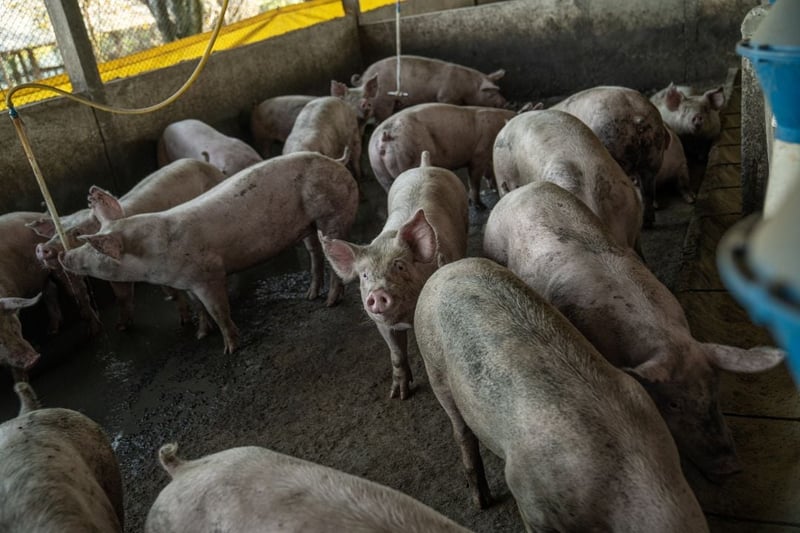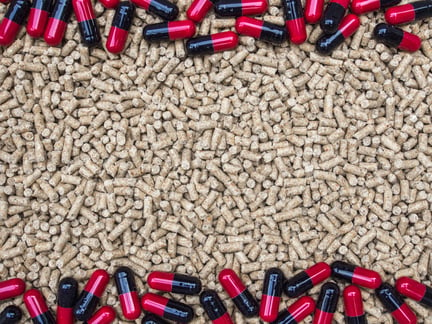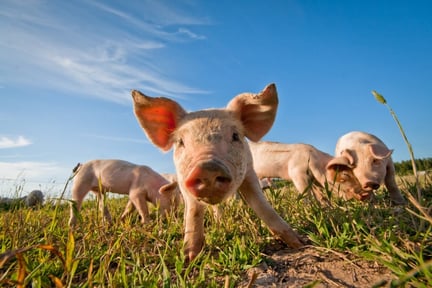
Act now against antimicrobial resistance
Blog
Antimicrobial resistance (AMR) is a growing threat to humans, animals and the planet. This World AMR Awareness Week, learn why urgent action is necessary.
Antimicrobial resistance (AMR) is one of the most pressing health threats of our time. It occurs when microorganisms like bacteria, viruses, fungi or parasites no longer respond to antimicrobial medicines, including antibiotics. This makes treating infections more difficult – putting humans, animals and our environment at risk.
AMR is not a distant problem, it is happening now. Drug-resistant infections are on the rise, yet awareness, action and investment are still falling short. That’s why this year’s World Antimicrobial Resistance Awareness Week (WAAW 2025) carries a vital message: “Act Now: Protect Our Present, Secure Our Future.”
This global campaign, observed November 18-24, calls on everyone from governments, healthcare providers, veterinarians, farmers, environmental advocates and the public to take bold action.
Why action matters
AMR affects more than just human health. It threatens our food systems, ecosystems and economies. Resistant infections can spread between animals and humans, showing just how closely our health is connected. The overuse and misuse of antibiotics in livestock contributes significantly to this global challenge. By addressing AMR in animals, we safeguard both human health and the welfare of animals.
What can we do?
At World Animal Protection, we know that the health of humans, animals and the environment is deeply interconnected. AMR is a clear example of this link and a reason why our actions must be united. By protecting animals, we protect people. By protecting ecosystems, we protect our future.
This World AMR Awareness Week, let’s work together to keep antimicrobials effective and build a healthier, safer and more sustainable world for generations to come.
Every action counts. We can all make a difference by ensuring that we:
- Only use antibiotics when prescribed by a qualified professional.
- Never share or save leftover antibiotics.
- Practice good hygiene, like handwashing, to prevent infections.
- Reduce unnecessary consumption of meat from animals treated with antibiotics by sourcing from high-welfare farmers (learn how to understand labels on animal products and how that relates to animal welfare with our handy guide).
- Write to your MP urging the federal government to implement strong laws restricting the use of routine antibiotic use in farming.
- Learn and share information about AMR with family, friends and community groups.
Together, we can turn commitment into action and secure a future where life-saving medicines still work for all.
Learn more:
The overuse of antibiotics in farm animals
Report
Antibiotic resistance is a serious global problem, and its connection to the well-being of farm animals is increasingly being recognized.
Industrial animal agriculture and AMR webinar
News
Together with FAIRR, we held an informative webinar on solutions to the antimicrobial resistance (AMR) global health emergency.
Banner photo: Vincenzo Ricci / World Animal Protection / We Animals

